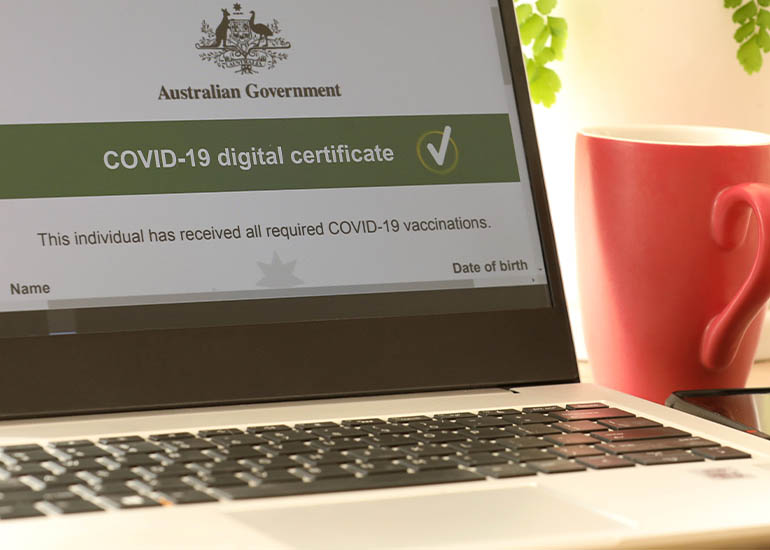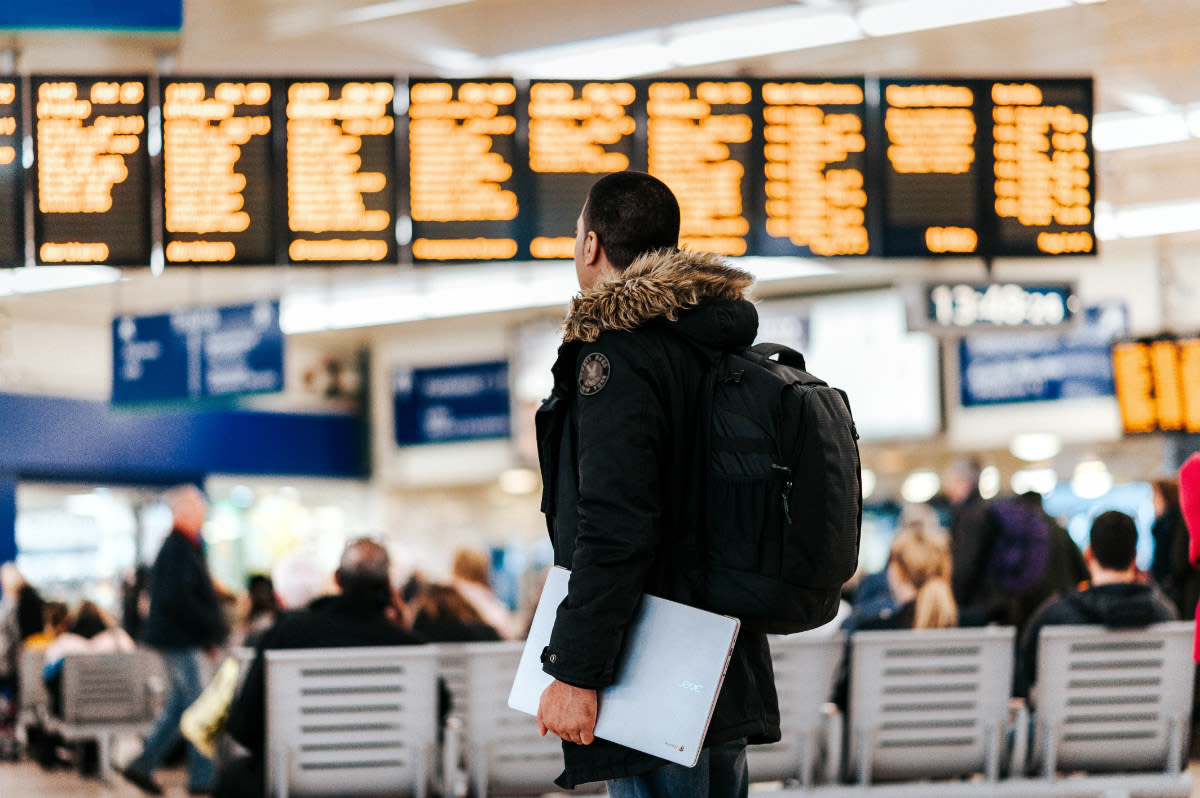New Regulations Give 482 Visa Holders a Pathway to Permanent Residency
In an effort to address skills shortages and the dedication of visa holders who remained in Australia during the pandemic, some recent visa changes will offer skilled workers a pathway to permanent residency.

Migrant employees have long been a vital part of Australia’s workforce. However, pandemic regulations led to challenges for migrant workers and businesses across several industries. The country is recovering, and migrant workers can again obtain the necessary visas for work. However, many industries still struggle to fill staff shortages. In an effort to address skills shortages and the dedication of visa holders who remained in Australia during the pandemic, some visa changes will offer skilled workers a pathway to permanent residency. One example is the 482 visa.
This is an exciting opportunity for migrant employees who were previously facing uncertainty about the path to permanent residency in Australia. The permanent residency pathway for 482 visa holders will have a positive impact on business owners facing skills shortages and skilled foreign workers hoping to stay in Australia. The changes will allow employers to nominate skilled employees for permanent residency in Australia.
The Details of Subclass 482 Visa Changes
On 25 November 2021, the Australian government announced visa changes for subclass 482 visa holders. The changes were made to recognise the contribution of skilled migrants who remained in Australia during the pandemic. In addition, the adjustments support businesses facing critical shortages. The changes improve access to permanent residence for holders of Existing Temporary Skill Shortage visas in the short-term stream and Legacy Temporary Work Skilled visa holders who no longer meet the age requirement.
There are currently about 20,000 visa holders in Australia who may benefit from the change. Most of the workers who will qualify are highly skilled migrant workers who chose to stay in Australia during the pandemic to address acute labour shortages. The permanent residency pathway rewards this dedication with an opportunity to apply for Australian citizenship.
Beginning 1 July 2022, subclass 482 visa holders can more easily apply for the Temporary Residence Transition (TRT) visa. The new visa allows skilled workers who are nominated by their employer to live and work in Australia permanently. There are certain eligibility requirements that apply and the TRT stream will only be available for two years.
Eligibility Requirements for Permanent Residency
The permanent residency pathway is designed to help sponsored subclass 482 visa holders gain access to permanent residency. However, there are certain requirements that must be met before a visa holder is eligible. These requirements surround the work history of the visa holder and time spent in Australia.
Eligibility requirements for subclass 482 visa holders include:
- The applicant must hold a 482 visa or TSS visa.
- The applicant must have three years of full-time employment in the last four years with a business while holding the subclass 482 visa.
- The occupation must be the same occupation granted by the original visa. That means a change in occupation could eliminate eligibility if it interrupts the three-year qualifying period.
- Work experience must be gained under the same employer for the required time period to meet eligibility requirements.
- The permanent residency pathway will only be available between 1 July 2022 and 30 June 2024.
- Subclass 482 visa holders nominated in an occupation currently on the short-term occupation list must have been in Australia for a cumulative period of 12 months between 1 February 2020 and 14 December 2021.
- The occupation’s nominator must be an approved sponsor lawfully and actively operating a business in Australia.
- The applicant’s sponsor must be able to show that they can employ the person for at least two years and pay the market salary rate for that period of time.
The permanent residency pathway offers an exciting opportunity for workers who have assisted Australia during the COVID 19 pandemic to live and work in Australia permanently. However, there is no guarantee that applicants will be approved. There are many eligibility requirements. However, the department provides exemptions to ensure applicants affected by COVID 19 will not significantly impact their application. This could mean applicants who experienced labour changes like unpaid leave during the pandemic will still have the opportunity to be granted residency.
Tips for Employers Sponsoring Visa Holders
The pathway to permanent residency provides a great opportunity for skilled workers to remain permanently in Australia. It also offers employers the chance to retain skilled workers in their organisation. However, the change is not automatic. For employees to be eligible for permanent residency, they must be sponsored by an employer. If you’re hoping to sponsor an employee, you’ll need to apply for the visa holder to be nominated for a position in Australia. A nomination doesn’t guarantee approval. Therefore, it’s important to ensure you take the appropriate measures to include all the right documentation to support your employee.
We recommend always consulting with an experienced MARA Registered Migration Agent (RMA) for specific advice relating to your individual circumstances. In addition, use an RMA to prepare and lodge any applications to be submitted to the Department of Home Affairs.
Considerations for preparing an application:
- Clearly identify the applicant’s ANZSCO code or the way it relates to the original subclass 482 occupation.
- Identify how a change of duties can still meet the required criteria.
- Ensure your applicant is a full-time employee of your company instead of an independent contractor.
- Understand that you must be the sponsor who made the most recent nomination.
- Prepare an employment contract for an ongoing full-time position. Indicate the salary arrangements and the terms and conditions of employment with their application.
- Devise a statement that provides factual historical financial data and actual details about your business’ size, nature, and scope.
It’s important to recognise that the decision maker has the discretionary power to refuse a nomination if the sponsor fails to provide any requested information. There are several requirements for both sponsors and applicants. However, the process is designed to be efficiently navigated for eligible employers and visa applicants.
Using an experienced RMA who fully understands both the regulations and the policy surrounding the relevant applications can help you and your employees meet important goals. There is only a two-year window that allows employees to take advantage of this permanent residency opportunity. Visa compliance is an important part of employing overseas workers, but it can be a complex process.


